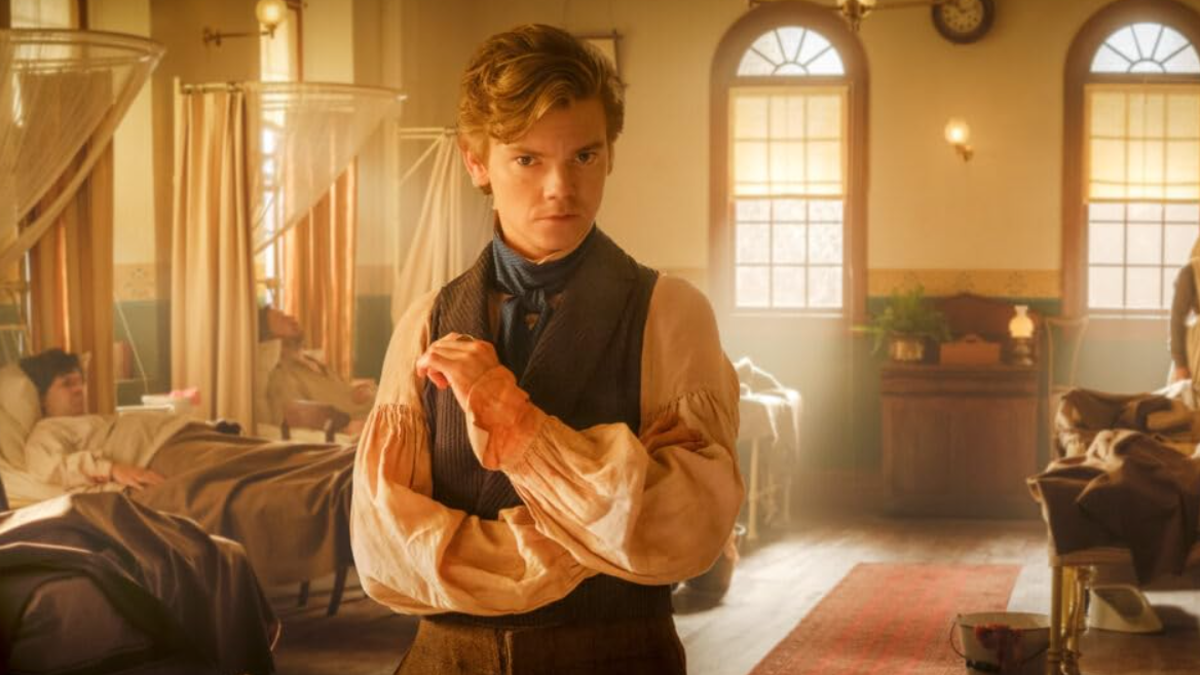The Artful Dodger: Fresh starts, old faces
The Artful Dodger: Taking the reins and letting rip
Oliver Twist is the story of a young boy, the eponymous Oliver Twist, finding his way in the world by searching for his history despite the challenges he faces being thrown into Fagin’s criminal circle. The Artful Dodger follows Jack Dawkins on his quest to become something more than his history, again, despite the challenges of his past. Dodger’s formative years on the streets of London with Fagin and his crew have had a lasting impact on him, but he is trying not to allow those experiences to define him for the rest of his life, or prevent him from becoming a better person The Artful Dodger isn’t a rejection or an erasure of Dawkins’ history, but a reminder that our pasts and our reputations need not be fixed and immutable, but are instead down to us to decide how we wish to be known and remembered. The premise of the show is that Jack Dawkins is starting afresh in Australia, leaving behind the life of crime he led in London as the Artful Dodger by instead committing himself to the medical profession (following his experiences in the navy).

Dickens’ novels are often (painfully) concerned with the hardships faced by impoverished children in Victorian London, and Oliver Twist is no different. Oliver is portrayed very sympathetically, his orphanhood and his desire for a family and friends a natural and human response to gravely unfortunate circumstances as a young boy whose life is outside of his control. And Dodger is a point of reference in the novel, whom the innocent Oliver Twist sees in some ways as a brother (only a few years older than himself, in fact) but also as an example of what might happen to himself should he decide to follow the path set out for him by Fagin - that of crime and trickery, always on the run, and with a reputation for bad behaviour. Neither Oliver nor Dodger have any real power or independence, and therefore Oliver Twist is a story about history, because there is no conceivable future for a boy with no agency. The Artful Dodger, following up on Dickens, presents Dodger - going by his given name, not his criminal nickname - in a story propelled by the ambitions and desires of youth, freedom, and second chances. Where Oliver Twist grasped desperately at the past to have some sense of control over Oliver’s sense of identity, The Artful Dodger is determined to make the most of independence and the opportunities now available: for a future worth living and fighting for, even if that means making painful sacrifices.

In some ways, The Artful Dodger is even more concerned with ideas of family and belonging than even Dickens’ original. Power and influence over another person’s beliefs and actions are difficult things to navigate. Power falls very squarely into Jack’s hands when Fagin arrives in Australia and makes a deal with him to avoid being subjected to the chain gang, but that doesn’t stop Fagin from exerting his influence over Jack and engaging with petty theft all the same. Power in this world is won by bargaining and often taken by force (as the horrific Captain Gaines demonstrates), rather than through love, care, and skill, as Dodger might like. And power is also very unpredictable; things can change by luck or by design, and often justice is incredibly unjust.
Comments
Post a Comment